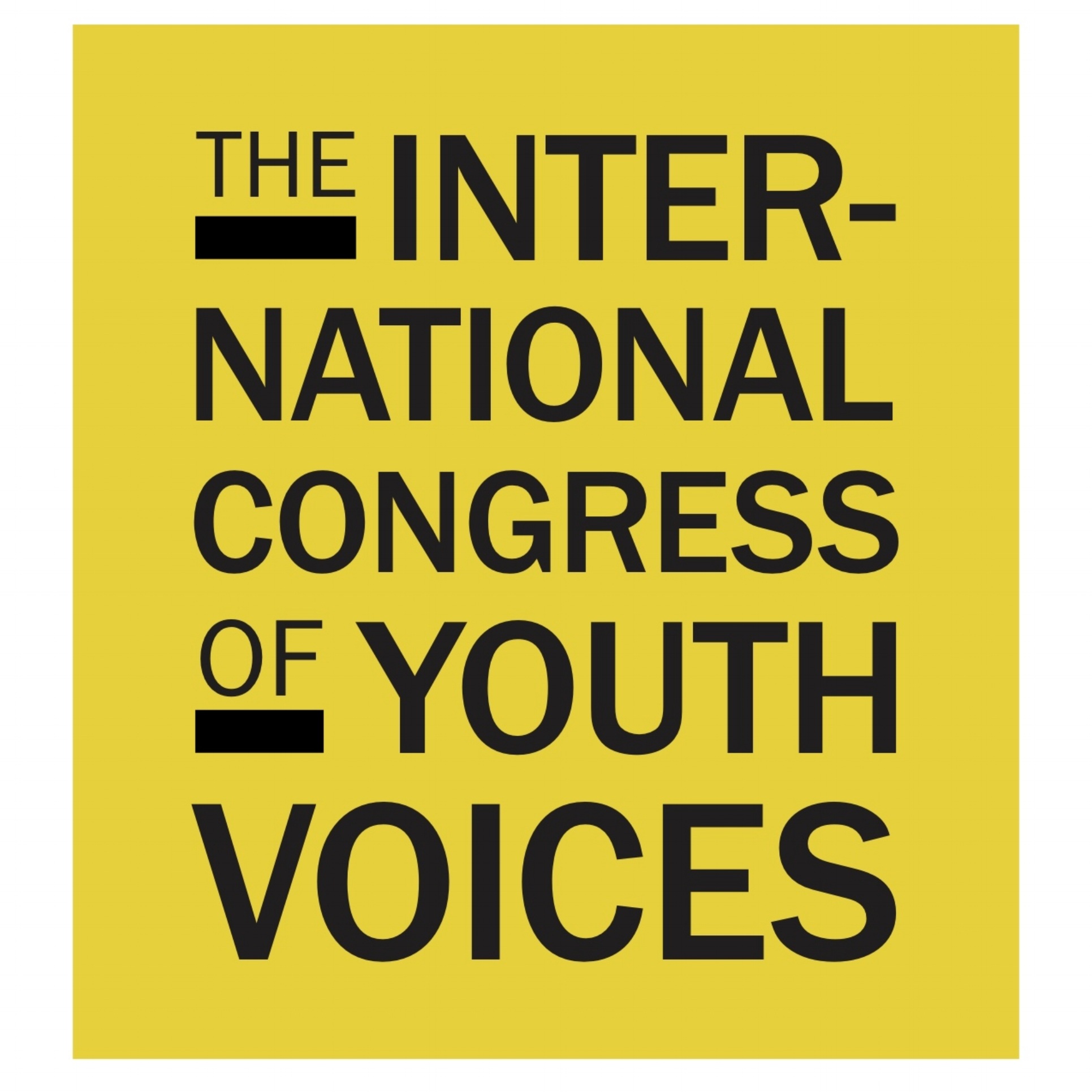VAIDEHI BULUSU, 16
Vaidehi Bulusu lives in Bangalore, India. She is passionate about writing, economics, languages, and advocacy. Growing up in India meant living in a diverse ecosystem, a melting pot of various cultures. She has lived in a multilingual community her entire life and has learned several languages. Her community ignited her interest in learning new languages, which she carried on by taking Spanish and French lessons.
The education system, democracy, LGBTQ rights, and women’s rights are the issues Bulusu is most passionate about. Although Bulusu has been writing for years, she only recently started applying her writing to advocacy. Taking inspiration from other organizations who are using Instagram to raise awareness and change people’s perceptions about a problem, she started Voice, which aims to empower and fight discrimination against the LGBTQ community. Voice allows her to create a positive impact in her community through social media, which provides virtually infinite opportunities for impact. Bulusu started Voice because discrimination is a problem that holds personal significance for her. She believes that there are many changes that can be brought about by utilizing the limitless opportunities of technology to allow students to perform at their highest potential. Bulusu uses writing as a way to raise awareness about these issues, to get her voice out there, and to suggest potential solutions.
Bulusu has been published on many websites, including the Marcus Harris Foundation blog, the Project Fuel blog, Harness Magazine, Blue Marble Review, and the Learning Network section of the New York Times, after being selected as the runner-up for a contest. The Twelfth Hour, a novel she co-wrote is currently in the process of publication, and she is writing another one.
Bulusu’s future plans include studying economics, and contributing to the body of knowledge in the field through research.
The 1984 Reality: Where is Surveillance Technology Heading?
by Vaidehi Bulusu
George Orwell’s 1984 is another one of his allegorical classics, a perceptive piece of prophetic art. The novel tells the story of an utterly totalitarian regime through the eyes of Winston Smith, the protagonist. On the surface, it seems as though the world of Winston Smith is a hyperbole, a worst-case scenario, an exaggerated version of your reality. However, upon closer examination and analysis, you notice the uncanny and surprising similarities between the reality that Orwell paints in the book and the one you live in. The book alludes to several themes that are relevant in the 21st century, the two major ones being privacy and freedom.
When it first came out, the book was described as a warning. It seems that we hadn’t taken Orwell’s warning seriously enough. “Big Brother is watching,” is a statement that is pervasive throughout the novel, and it makes you think about the Big Brother in your reality. A significant segment of which may be comprised of social media: Facebook friends, Instagram likes, WhatsApp instant messages. These big tech companies send out assured proclamations of security and data privacy, but in reality, every millisecond of our activity on these apps is being fed into the machinery of profit-generation. This is the central theme of the New York Times article, “Your Apps Know Where You Were Last Night and They’re Not Keeping It Secret.” The article talks about how companies are using the location data of users to glean insights about consumer behavior and use this to their advantage. When you grant an app access to your location under the impression that the information will stay anonymous … you might want to think again. The author writes, “An app may tell users that granting access to their location will help them get traffic information, but not mention that the data will be shared and sold.” This is an era of unimaginable technology and you never know when you are being watched. Considering this fact, a question arises: what should we do about it? Are we willing to pay the price for instant gratification and the rush of dopamine in the form of privacy?
Knowledge is power, and the virtually infinite access to data these companies have has given them infinite power. The data can be used against it; it can be used to manipulate you. It is very possible that this voluntary or involuntary surrender of privacy is carving out the path to the kind of totalitarianism described in the pages of 1984. Maybe we are being lured into a totalitarian trap, not realizing that the decisions we are making are subtly being influenced by these companies who probably know more about us than we do ourselves.

